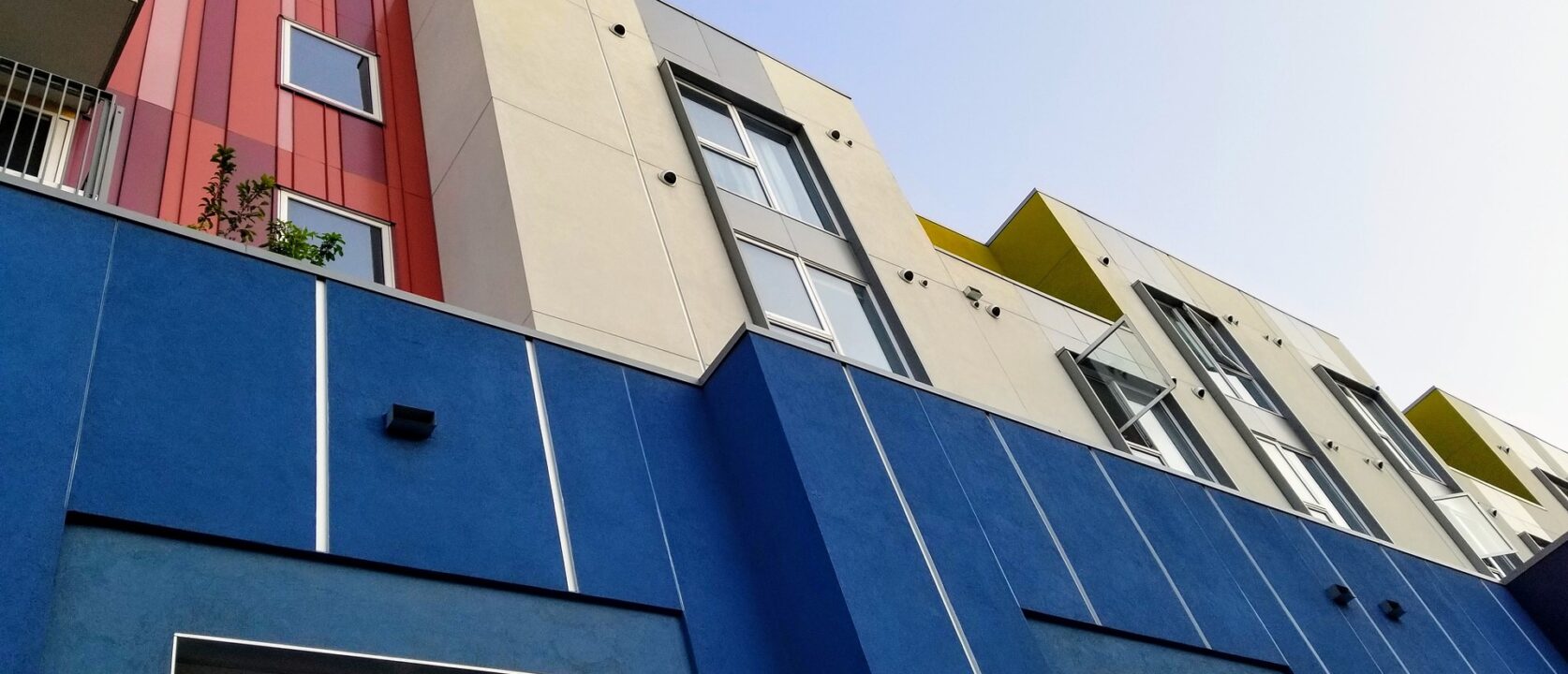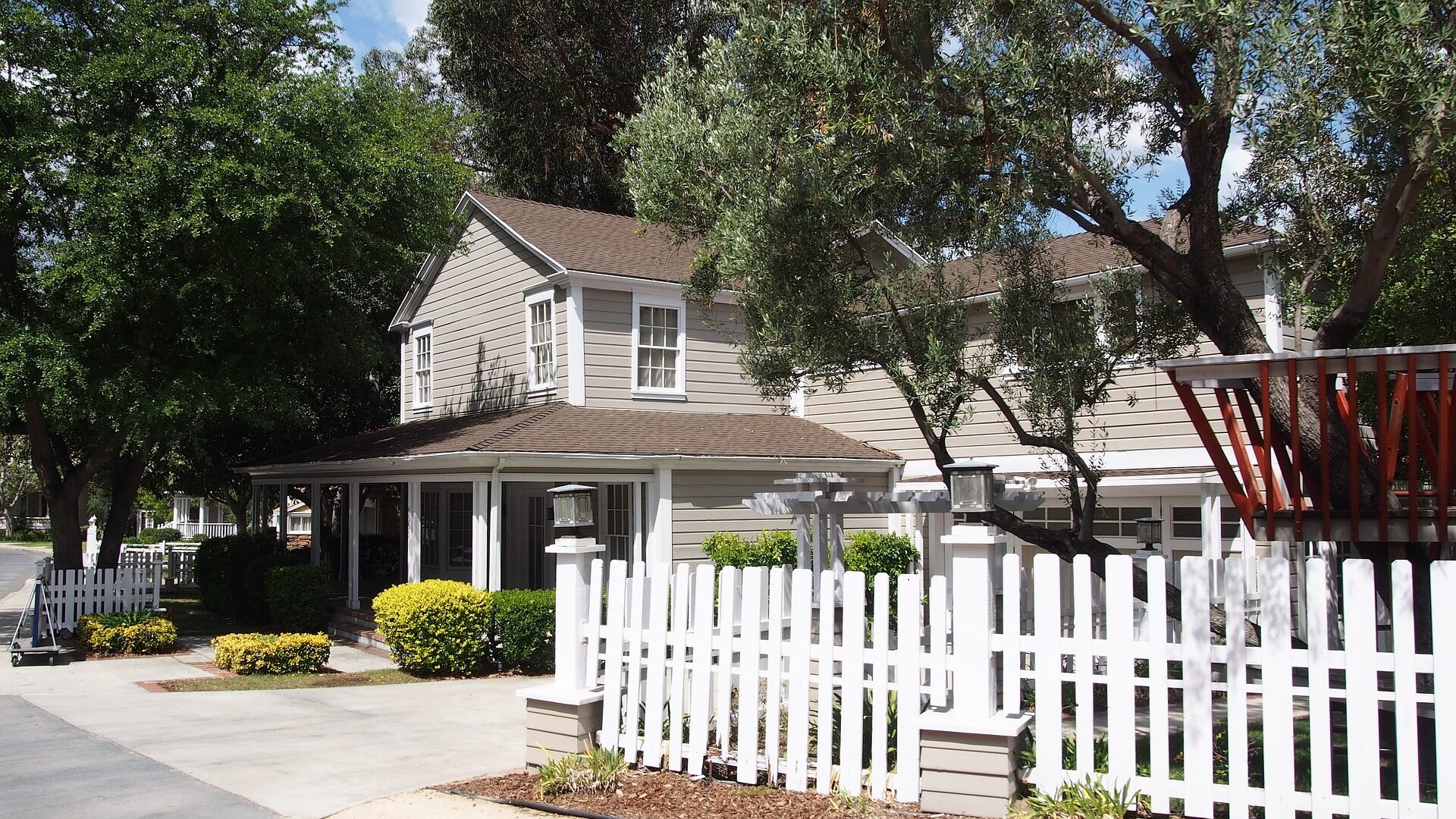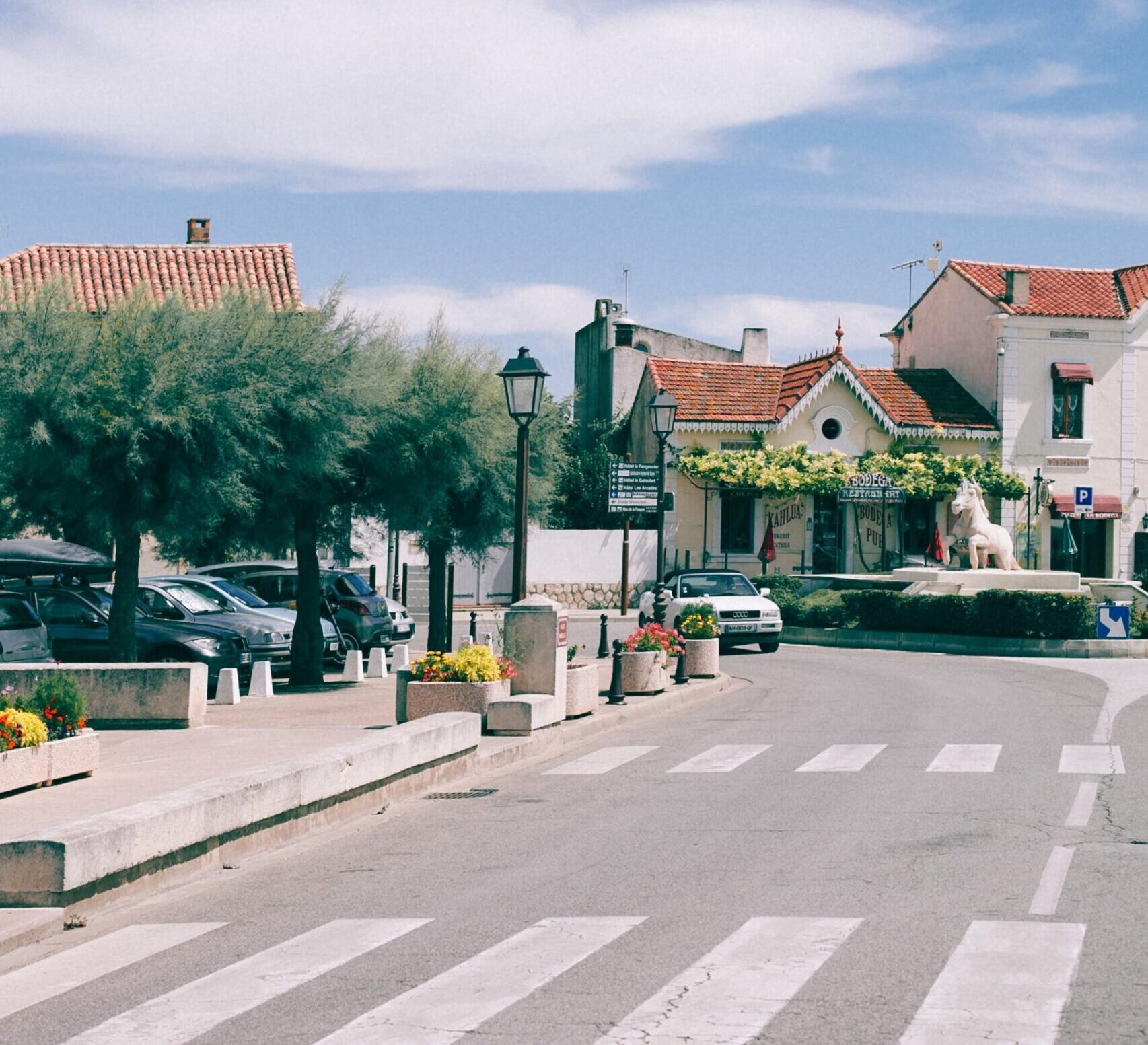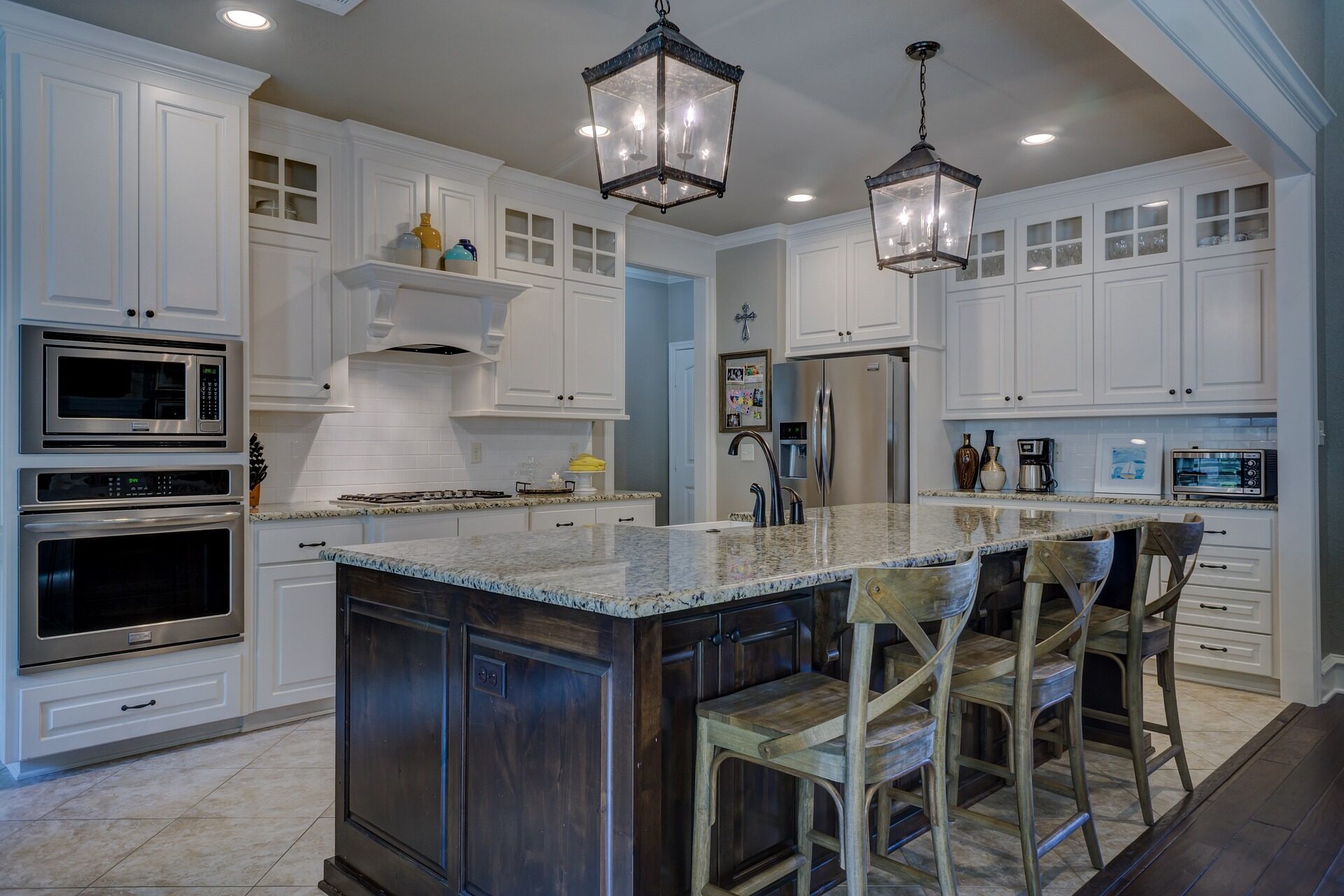Sober living homes, also known as social model recovery homes, are a type of community-based living arrangements for people in recovery from addiction. The goal of these homes is to provide a safe and supportive environment that helps individuals maintain their sobriety and make a successful transition back into society.
The social model recovery approach is based on the belief that addiction is a disease that affects not only the individual but also their relationships and environment. Thus, the recovery process involves not only addressing the physical aspects of addiction but also the social, emotional, and psychological aspects.
Applications of the social model recovery approach in sober living homes include:
- Peer support: Residents are encouraged to form supportive relationships with one another, sharing their experiences and offering encouragement and advice.
- Structure and accountability: Residents are expected to follow rules and routines, attend meetings, and participate in group activities.
- Therapeutic activities: Residents may participate in activities such as art therapy, music therapy, and recreational therapy, to help them process their emotions and build self-esteem.
- Life skills development: Residents may receive training and support in areas such as budgeting, job search, and household management, to help them build the skills they need to live independently.
- Community involvement: Residents may participate in volunteer work or attend community events, to help them reintegrate into society and build a supportive network of friends and family.
Sober living homes can be an effective way for people in recovery to get the support they need to maintain their sobriety and build a fulfilling life.








No comment yet, add your voice below!